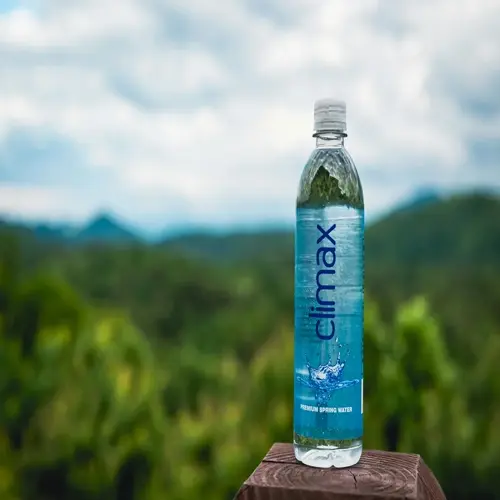Can hydration affect oxidative stress levels?

Written by
Robert Kelly
Reviewed by
Prof. Graham Pierce, Ph.D.Hydration has a direct influence on cellular antioxidant systems. Sufficient fluid intake facilitates blood viscosity and promotes the good flow of antioxidant substances, such as glutathione. Water helps transport these substances and toxins to elimination routes, through which toxins are removed from the body, thus limiting the oxidative burden. I determine hydration levels in clients by testing the color of their urine first thing in the morning, which is essential for optimal cellular function.
Antioxidant Transport
- Proper blood viscosity enables glutathione circulation
- Lymphatic flow removes oxidized cellular debris
- Cellular hydration maintains enzyme structural integrity
Toxin Elimination
- Water-soluble toxins exit via kidneys reducing oxidation
- Hydration supports phase III liver detoxification
- Sweat removes heavy metals causing oxidative damage
Electrolyte Balance
- Sodium-dependent glutathione recycling requires balance
- Potassium maintains cellular membrane potential
- Magnesium co-factors antioxidant enzyme reactions
Dehydration causes oxidative metabolites to concentrate in tissues. Lower amounts of blood affect the delivery of antioxidant systems to cells. Concentrated urine contains higher levels of reactive oxygen species. Mild dehydration increases cortisol levels and elevates mitochondrial free radical levels. Aim for a pale yellow urine color throughout the day.
Overhydration paradoxically raises oxidative stress, the result of too great a dilution of electrolytes. Sodium deficiency adversely affects glutathione recycling. The malfunctioning of potassium redistribution disrupts repairs to the cell membrane. Hyponatremia induces stress responses, which raise cortisol: moderate fluid intake, but increase electrolyte foods like bananas and celery.
Replenish fluids at suitable times. Drink approximately 500ml of water before exercise. Then, sip on electrolyte solutions. It is recommended to drink water every 20 minutes after engaging in physical activity. Additionally, minerals can be replenished in coconut milk. Sea salt can also be added to drinks after sweating to replenish lost fluids.
Infusions of herbs can improve hydration benefits. Green tea contains essential EGCG, which boosts glutathione levels. Hibiscus contains anthocyanins, which can help protect blood vessels. Mint helps increase bile flow, allowing the body to remove toxins more effectively. These infusions are rich in antioxidants and add hydration without the dehydrating effects of caffeine.
Hydration can be assessed through simple biomarkers. Test your morning urine color, aiming for a pale straw color. Monitor the turgor of your skin on your hand. Assess the timing of bathroom visits related to frequency. I teach clients to weigh themselves both before and after exercise and to replace the number of ounces lost in fluids. Your body gives clear messages, to which it is wise to heed.
Read the full article: Oxidative Stress Reduction: Proven Strategies

